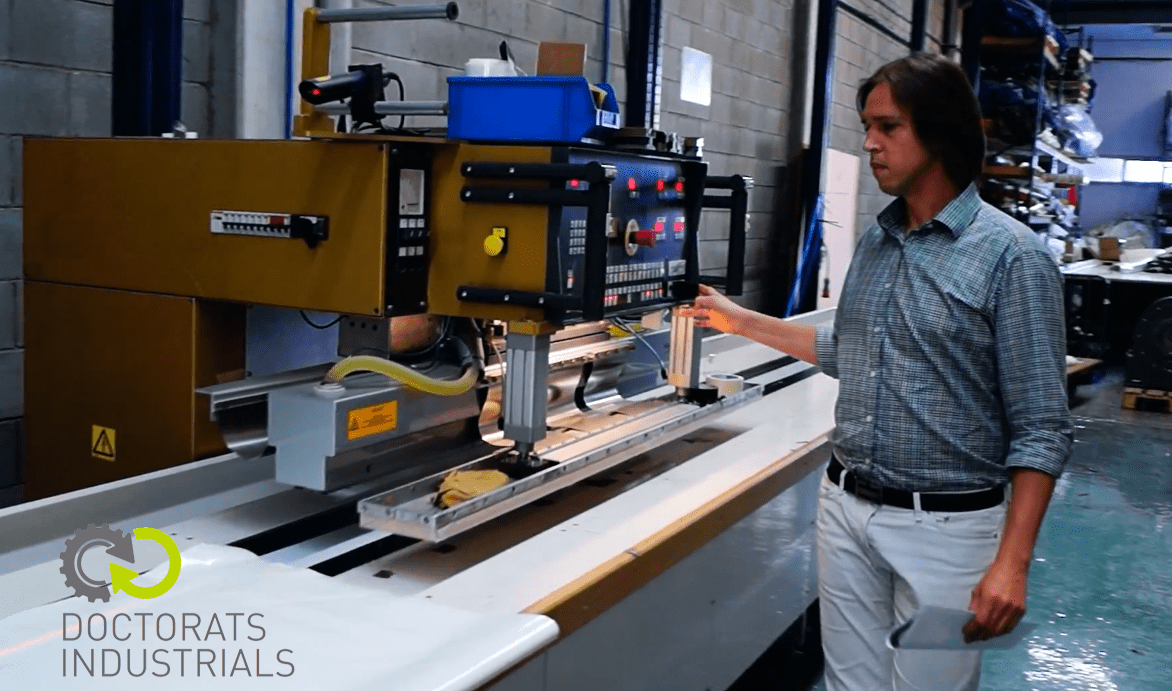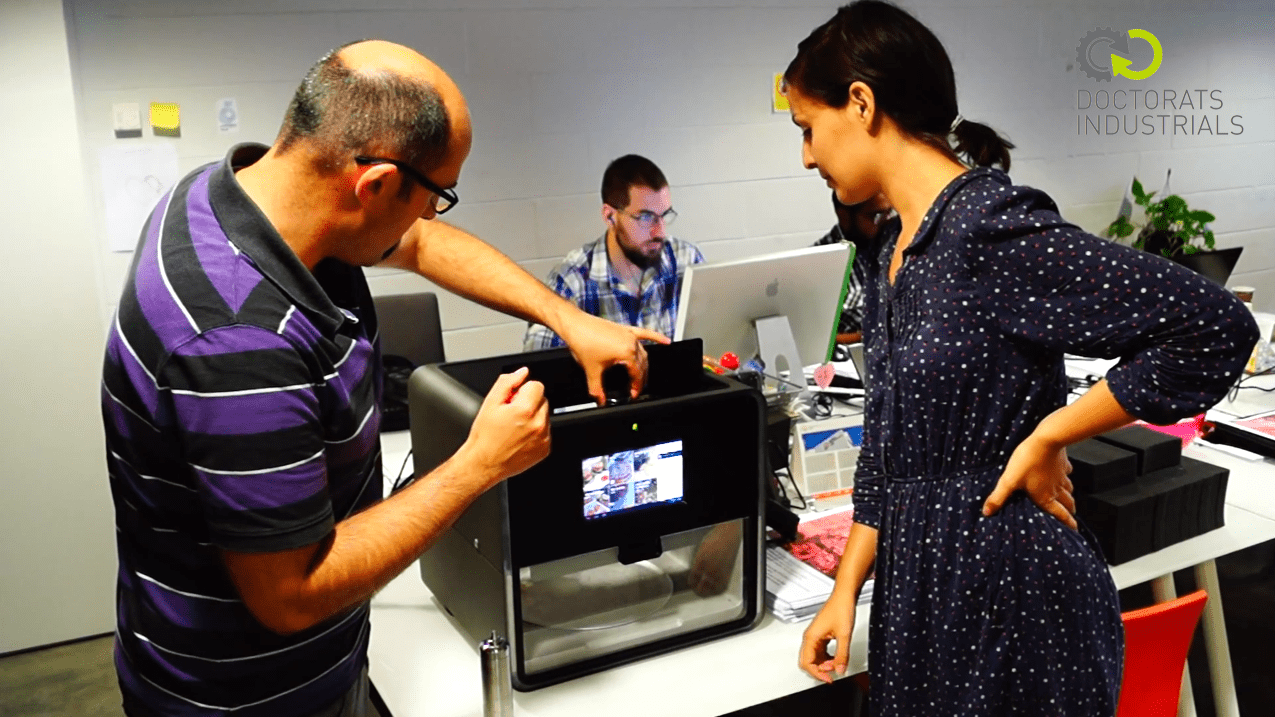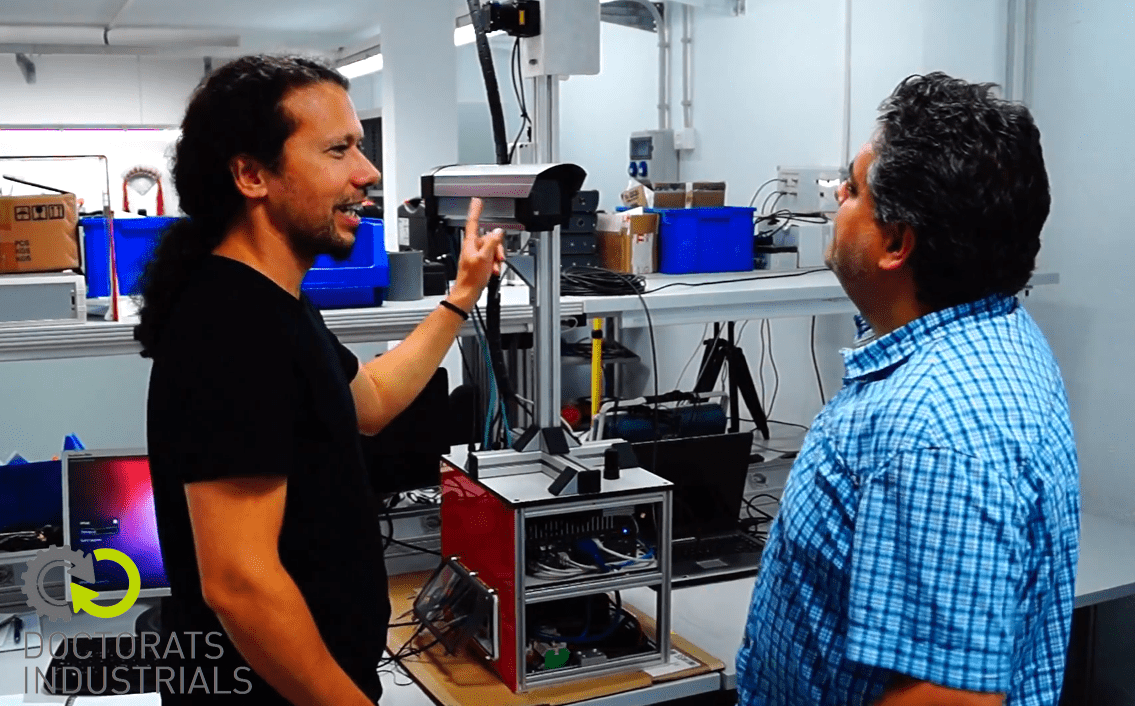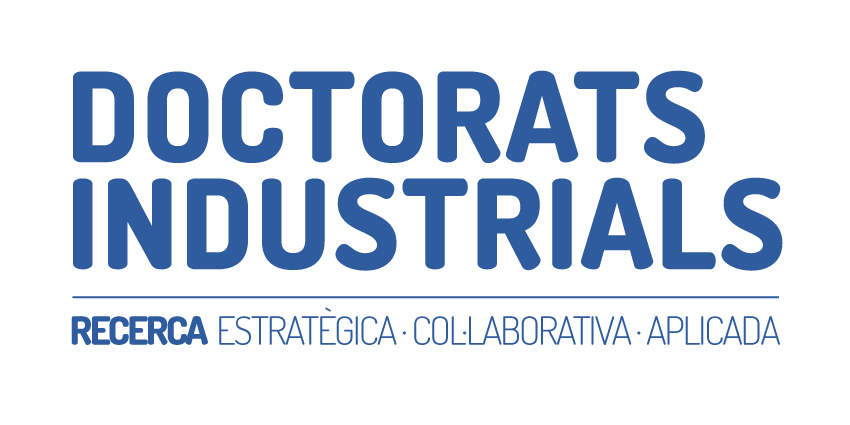The Government co-finances 76 projects, 16 more than the last call
Since the beginning of the Plan, more than 150 projects have been launched with the support of 120 companies and Catalan universities
The Secretariat for Universities and Research has co-financed 76 projects from the 2014 call of the Industrial Doctorates Plan, 16 more than in the first edition. Likewise, 8 specific grants have also been awarded. In total, some 12 million euros are committed to business innovation, of which the Government contributes 4 million and companies 8 million.
The 84 projects that receive aid belong to all business sectors, especially engineering and architecture, especially ICT and civil engineering, followed by health sciences. The leading research of the projects is carried out in areas as diverse as early diagnosis of Alzheimer's, 3D printing or electronic voting.
The selection of candidates for each project, carried out by universities and companies, has been done very carefully, since not only the academic record has been taken into account but personal interviews have been carried out and the experience of future doctoral students has been valued.
Since the beginning of the Plan, more than 150 projects have been launched with the collaboration of Catalan universities, both public and private, together with 120 companies, from start-ups to large companies. The secretary for Universities and Research, Antoni Castellà, highlighted the importance of the figure of the industrial doctorate "to incorporate human capital and innovation processes into our productive fabric" and added that "with more than 75 projects co-financed in this edition, Catalonia is positioned by population and business and university fabric in European standards".
The Industrial Doctorates Plan aims to contribute to the competitiveness and internationalization of the Catalan industrial fabric, attract talent and train doctors for companies within R+D+I projects. The essential element is a strategic research project of a company that is developed in collaboration with a research group recognized by the Generalitat de Catalunya and that is the subject of a doctoral thesis at a university of the Catalan university system.
Industrial doctorates allow companies to access leading research groups and the use of their infrastructures, as well as obtain financial aid and benefit from tax deductions and bonuses. Universities facilitate the transfer of their technology and knowledge to the productive environment and strengthen their links with the business world. Doctoral students are allowed to train in a highly innovative environment with dual supervision, academic and business, within the framework of a three-year employment contract and with various advantages, such as free enrolment or a mobility pool.
The director of the Plan and professor at the Polytechnic University of Catalonia (UPC), Dr Antonio Huerta, affirms that "the Industrial Doctorates Plan, a pioneer in Spain, facilitates the incorporation of talent and qualified people into companies, which increases their competitiveness and, therefore, helps to get out of the current crisis".
The Plan –managed by the Agency for Management of University and Research Grants (AGAUR)- has the support of the 12 Catalan universities and the business world to promote the transfer of knowledge to the productive sector.




